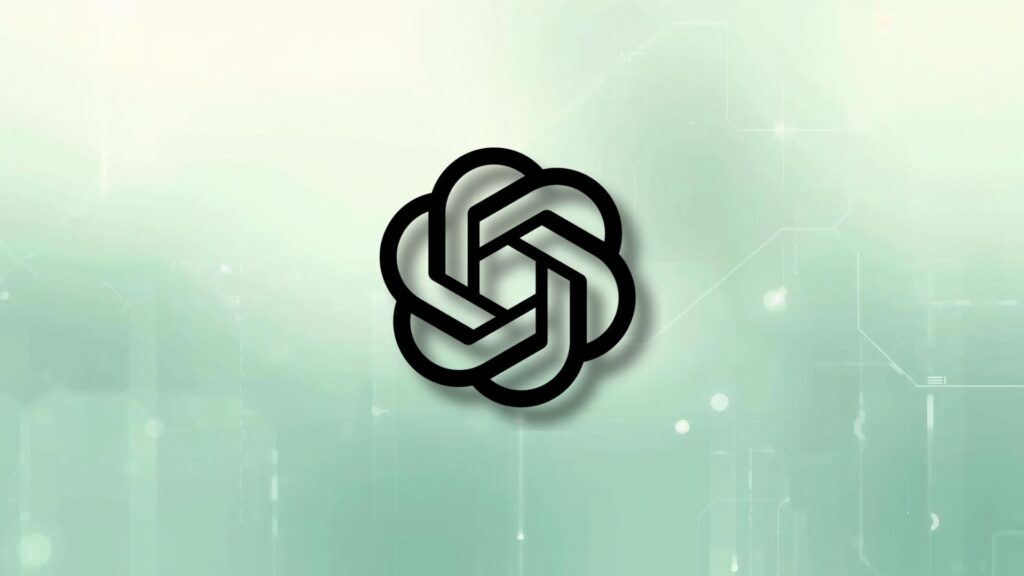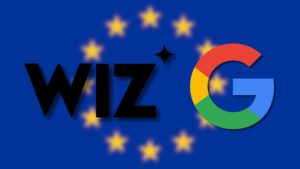Digital Watch Observatory - Digital Governance in 50+ issues, 500+ actors, 5+ processes

Campaigners say tech firms must block AI-generated sexual images as pressure grows to outlaw nudification tools linked to widespread harm and exploitation.

Brazil has ordered X to immediately stop its chatbot Grok from generating sexually explicit images, escalating international pressure on the platform over the misuse of generative AI tools. The order, issued on 11 February by Brazil’s National Data Protection Agency and National Consumer Rights Bureau, requires X to prevent the creation of sexualised content involving (See more)

The feature is being tested with users in the US, UK, Australia, and New Zealand before Meta rolls it out to additional countries at a later date.

Autonomous task completion through AI inference delivers exponentially greater enterprise value than content generation, according to AWS predictions for 2026.

New data from Web Summit reveals climbing participation from women in global tech, supported by inclusive training pathways and stronger regional investment in innovation.
Must read
Analysis
Moltbook: Inside the experimental AI agent society
The AI agent social network Moltbook is fuelling the hype around autonomous ecosystems while raising security and digital reality concerns.
Analysis
AI in practice across the UN system: UN 2.0 AI Expo
The UN 2.0 Data & Digital AI Expo showcased how UN entities are integrating AI into their work to improve data quality, strengthen governance and enhance decision-making across diverse operational areas.
Analysis
Deepfake pornography, consent, and power in synthetic media
The rise of AI pornography reveals bigger societal risks, where sexual representation becomes detached from lived experience and consent is reduced to a technical obstacle rather than a social principle.
DW at a glance
FOLLOW
WSIS+20 Process
The year 2025 marks 20 years since the finalisation of the World Summit on the Information Society (WSIS), and a review process looking at 20 years of WSIS outcomes implementation will conclude with a high-level meeting at the UN General Assembly (UNGA), in December. This page keeps track of the process leading to the UNGA meeting in December 2025. It also provides background information about WSIS and related activities and processes since 1998.
Explore the Observatory
Digital Technologies
From internet applications to quantum computing, we focus on advanced and emerging digital technologies which are increasingly reshaping our economies and societies.
Clusters of Policy topics
We unpack digital policy by exploring over 50 topics – from access and sustainable development to network security and the future of work – classified in 7 clusters.
Processes
Follow some of the most important digital policy processes, from the EU's work on the Digital Services Act/Digital Markets Act to the UN Cybercrime Ad Hoc Committee.










